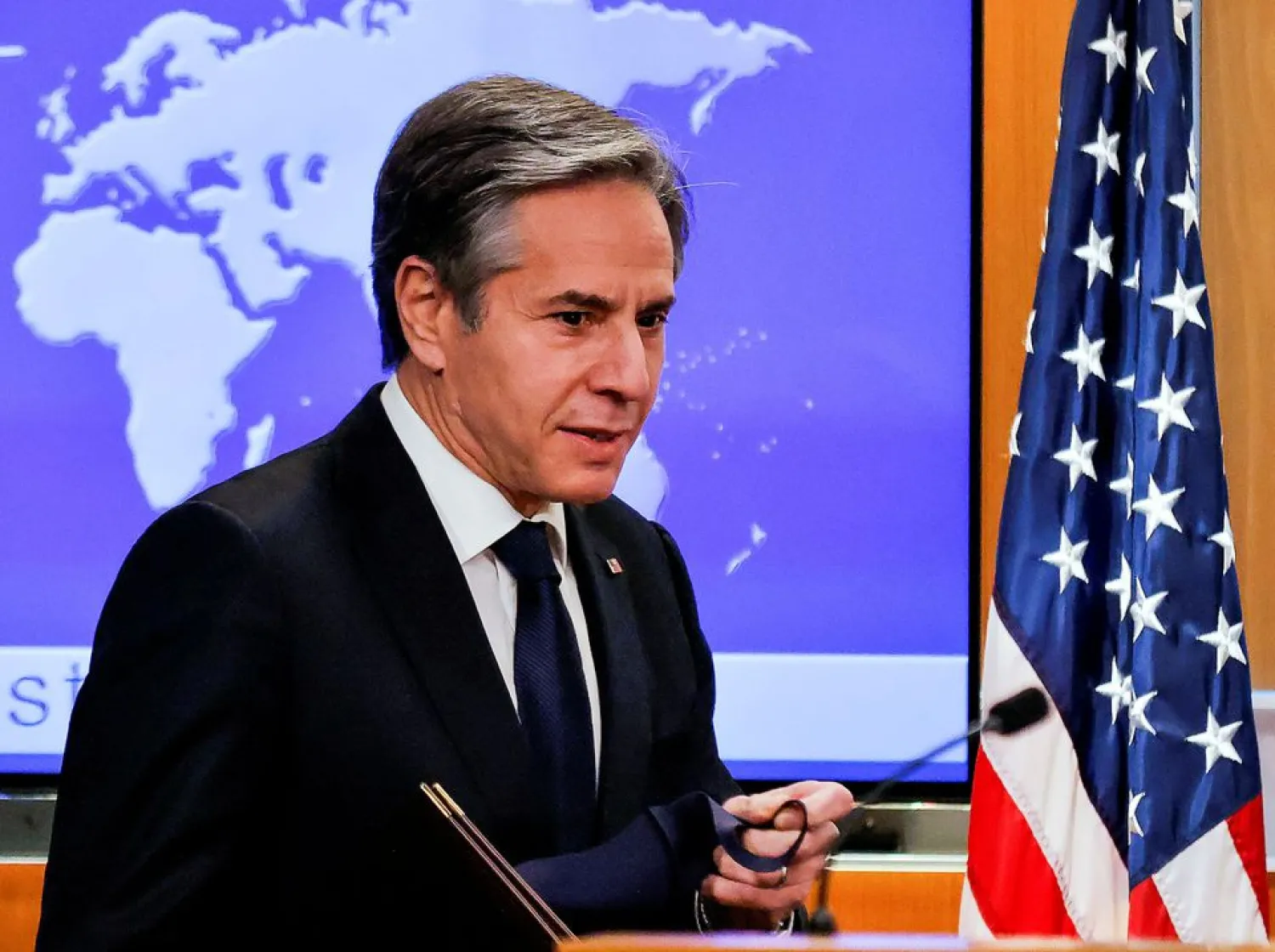US Secretary of State Antony Blinken said on Monday there is a "shared deep concern" among allies about the fighting in Sudan and a view that it should stop immediately and the sides return to talks.
Fighting erupted in Sudan on Saturday between army units and a rival paramilitary force, with at least 97 civilians killed and the army appearing to gain the upper hand on Sunday.
Blinken, speaking on the sidelines of a Group of Seven Foreign Ministers meeting in Japan, said close consultations had been held on the fighting, including with partners in the Arab world and Africa and with international organizations.
"There is a shared deep concern about the fighting, violence that's going on in Sudan. The threat that that poses to civilians, that it poses to the Sudanese nation and potentially poses even to the region," he said.
There was a strongly shared viewed that steps needed to be taken to protect civilians, non-combatants and people from third countries, Reuters quoted him as saying.
"And also a strongly held view, again, across all of our partners on the need for an immediate ceasefire and return to talks — talks that were very promising in putting Sudan on the path to a full transition to civilian led government," he said.
Blinken's views were echoed by British Foreign Secretary James Cleverly.
"Ultimately, the immediate future lies in the hands of the generals who are engaged in this fight, and we call upon them to put peace first, to bring an end to the fighting, to get back to negotiations," Cleverly said.









